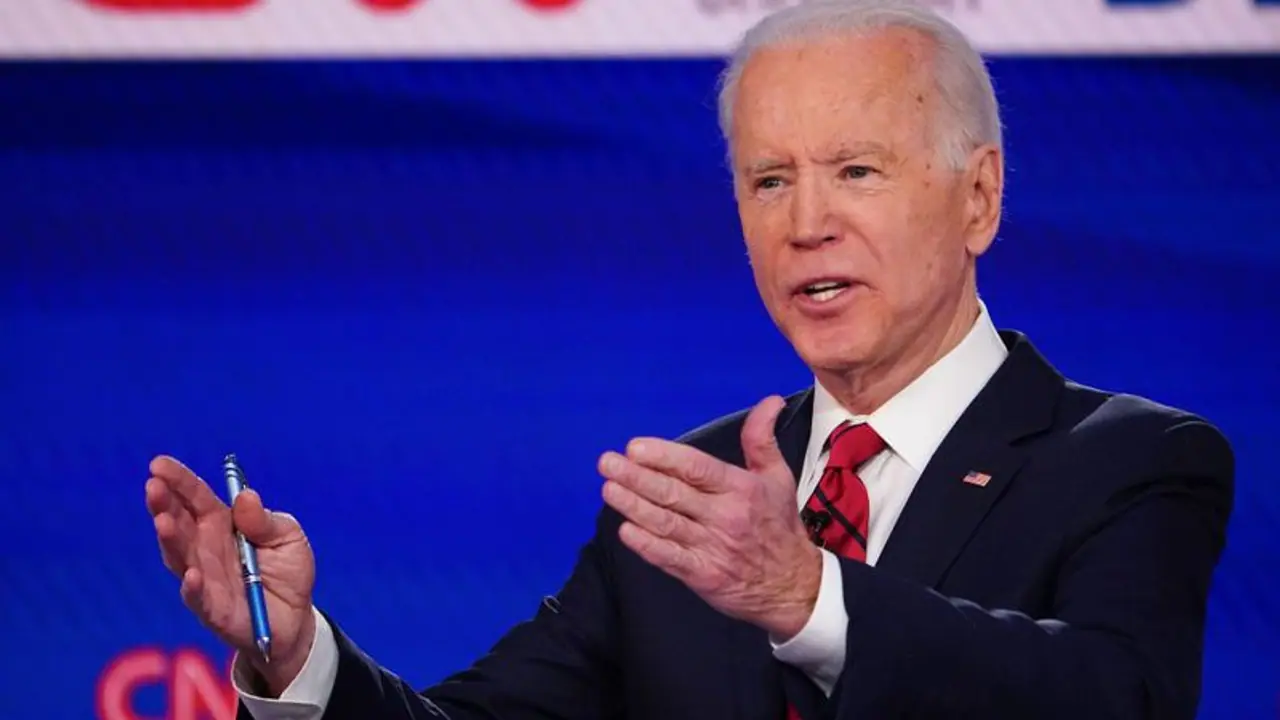US President Joe Biden called it a "historic bill" at the White House, saying it will lower costs for American families, combat the climate crisis, reduce the deficit, and finally make the largest corporations pay their fair share in taxes.
US President Joe Biden signed the Inflation Reduction Act into law, a scaled-down version of the massive "Build Back Better" package he and many Democrats envisioned for 2021. Biden called it a "historic bill" at the White House, saying it will lower costs for American families, combat the climate crisis, reduce the deficit, and finally make the largest corporations pay their fair share in taxes, as per media reports.

The bill includes a roughly $400 billion investment in combating climate change, measures to make prescription drugs more affordable, and a 15 per cent minimum tax on most corporations with annual revenues exceeding $1 billion. Over a decade, the legislation would generate nearly $300 billion in net revenue.
Democrats used a fast-track legislative procedure known as reconciliation to pass the bill without the support of Senate Republicans. The bill was approved by an evenly divided Senate earlier this month by a vote of 51 to 50 along party lines.
The House approved the bill on Friday by a vote of 220 to 207, along party lines.
Democrats were eager to push through their domestic policy objectives before the midterm elections; however, Republicans were strongly opposed, claiming that tax increases would burden US businesses and workers and harm the economy.
Senate Minority Leader, Mitch McConnell, tweeted, "Last year, Democrats robbed Americans by spending our economy into record inflation. Their solution for this year is to do it all over again."
According to McConnell, the partisan bill signed into law today by President Biden means higher taxes, higher energy bills, and aggressive IRS audits, referring to the Internal Revenue Service, which administers and enforces federal tax laws in the United States.
Earlier, House Minority Leader Kevin McCarthy stated, "You cannot tax and spend your way out of an inflationary situation," blaming the Biden administration's policies for the worst inflation in four decades.
The Tax Foundation, a non-profit think tank, recently argued that by reducing long-run economic growth, this bill might worsen inflation by limiting the economy's productive capacity.
Despite concerns about the bill's impact on inflation, budget watchdog groups praised it.
The Committee for a Responsible Federal Budget's Maya MacGuineas noted that lawmakers sent a message that "it's time to start working on getting our budget back on a sustainable trajectory."
This bill demonstrates that when something is worth doing, it is worth paying for, and reducing our country's alarming national debt is just as important as other pressing issues we face, MacGuineas explained.
The new bill is much smaller than the $3.5 trillion "Build Back Better" social spending bill Democrats first proposed in 2021.
The House passed a roughly $2 trillion spending package in November 2021; however, it failed to gain support from Senator Joe Manchin of West Virginia, a key centrist Democrat who walked away from negotiations in December due to price disagreements.
The bill was revived in July after a surprise announcement of an agreement between Manchin and Senate Majority Leader Chuck Schumer. Senator Kyrsten Sinema, another key Democrat, supported a revised version of the bill, paving the way for its final approval.
Also Read: US President Biden signs off on semiconductor bill in challenge to China
Also Read: Doha Agreement: Was there ever one between US and Taliban?
Also Read: US warns citizens, issues 'worldwide' alert after Al Qaeda chief's killing
